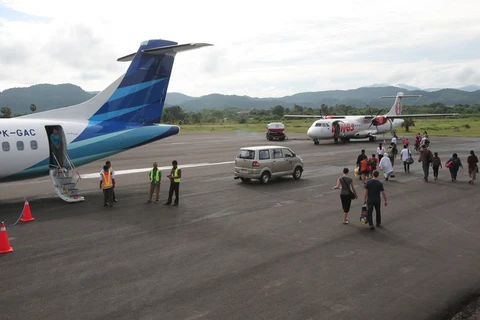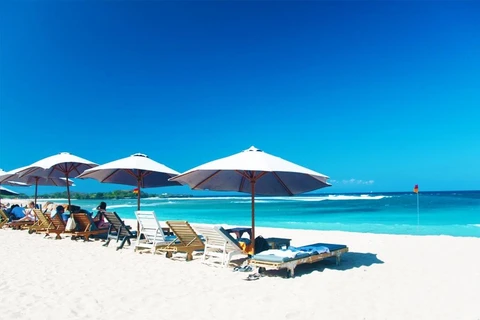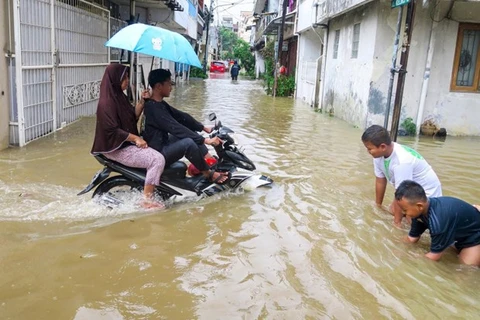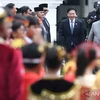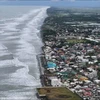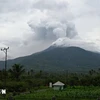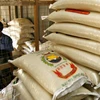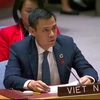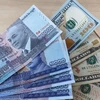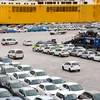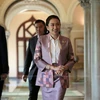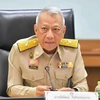 Tourists walk to the pick-up point in Sanur beach, Denpasar after their return from Nusa Penida Island in Bali. (Photo: https://www.thejakartapost.com/)
Tourists walk to the pick-up point in Sanur beach, Denpasar after their return from Nusa Penida Island in Bali. (Photo: https://www.thejakartapost.com/) Jakarta (VNA) – The coronavirus disease (COVID-19), first reported in China, has hit Indonesia’s tourism sector as the country records slower growth in tourist arrivals following bans applied to visitors from China.
Statistics Indonesia (BPS) on March 2 revealed that foreign arrivals amounted to 1.27 million in January, up 5.85 percent compared to the same month of the previous year. However, the growth is much lower than the around 9.5 percent year-on-year increase recorded in January 2019.
BPS deputy director for statistics distribution and service Yunita Rusanti said the impact of the COVID-19 outbreak was only be significantly seen in the last week of January because the number of tourists from China, Malaysia and Singapore to the country promptly declined.
Notably, the statistics agency data showed that the number of tourists from Malaysia – Indonesia’s largest tourism market - fell 10.6 percent year-on-year to 206,532 in January, accounting for around 16 percent of the total international visitors.
Indonesia set to welcome 17 million international holidaymakers this year. Last year, the country hosted a total of 16.1 million foreign visitors, far below the target of 20 million.
Recently, the Indonesian Government announced an economic stimulus package worth 10.3 trillion rupiah (about 742 million USD). In addition, it will grant 3.3 trillion rupiah to 33 provinces and cities to exempt tax for hotels and restaurants in the next six months, while providing 298.5 billion rupiahs for airlines and travel firms to attract foreign tourists, and 443.39 billion rupiah for reducing prices of tours to 10 domestic destinations./.
VNA
